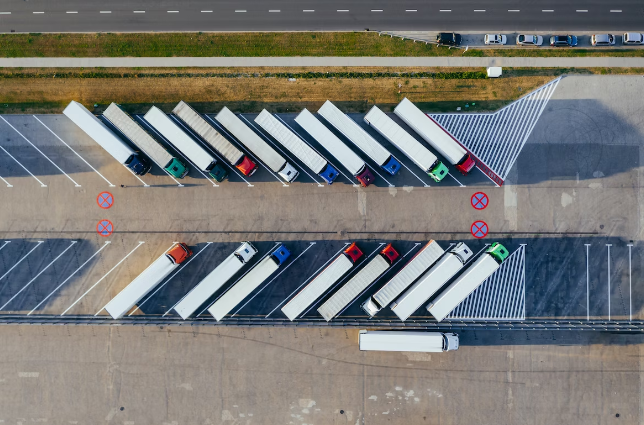Carriage and forwarding are concepts inherent in the field of transportation. However, there are important differences between them. Despite this, there are still many people who confuse the meanings of these words. Meanwhile, the use of the terms carrier and forwarder interchangeably can cause a lot of confusion and irregularities in the entire transportation process. So what is the difference between carriage and forwarding?
What does a carrier do?
The job of a carrier is to transport things or people from a certain point A to point B. This is a person, or a company that has its own fleet and carries out orders entrusted by the forwarding company, for a predetermined specific remuneration. The carrier can carry out various types of transport, although the most common is road transport. They can also be routes taking place by rail, sea and air.
Nowadays, more and more transport companies are appearing, carrying out ordered routes precisely by forwarders from freight forwarding companies. This kind of cooperation greatly facilitates the organization of large-scale orders and makes the delivery of goods to the site faster and much better prepared.
Who is and what does a freight forwarder do?
A freight forwarder or forwarding company is a company that organizes the transportation of various types of goods. The task of freight forwarders is to find suitable carriers and economically plan routes or set conditions for the execution of the order. The forwarder’s tasks also include arranging all the details of transportation in consultation with the Shipper. He also deals with the issue of documents related to customs clearance at a particular office, or handling at warehouses.
Forwarding companies very often cooperate with transport companies. However, there are forwarding units, which at the same time also deal with transportation themselves and thus also have transportation services. Similarly, there are also transport companies that have their own forwarding department that completes all the formalities, organizes transportation and plans routes.
What is worth knowing about carriers and freight forwarders, and is the difference between them?
Carriers have vehicles for transporting various goods. Forwarding companies usually do not have their own fleet. In addition, a carrier has transport licenses, which are the necessary documents for running a shipping company. Such a company can also operate independently of a freight forwarding company. However, the same cannot be said of a freight forwarding company, which cannot operate without a carrier if it does not have its own means of transportation.
Freight forwarders greatly facilitate the operation of transportation, organizing the entire process from start to finish. They take care of documentation, handling warehouses or securing a place to transport goods. When problems are encountered, it is the Forwarder who finds ways to solve them. However, the cooperation of transport companies and freight forwarders brings great benefits to both parties. However, it is worth remembering that concepts such as carrier and forwarder, although closely related to transportation, in practice mean something completely different.
